The University of Western Macedonia aspires to become the first Green University of Greece and an example of “life after lignite”
The region of Western Macedonia is overwhelmed by the fact that its main source of income, lignite, will be phased out until 2028. More than 40% of the local GDP is derived from activities related to lignite power plants.
Among the strategic partners who have taken up the task of building a future without lignite is the University of Western Macedonia.
“The University has to set an example, by becoming the first Green University among all other Greek Higher Education Institutes,” Rector Theodoros Theodoulidis tells Greek Business File. “This means that we will meet our needs for natural resources with the emphasis on energy, hence to zero CO2 emissions by using renewable energy, promoting environment-friendly transport, energy renovating buildings and maximizing recycling. Naturally, we also need to introduce and educate our students in sustainability topics both through their studies and their extracurricular activities.”
The ambitious goal of covering all of the University’s required energy needs for heating, cooling, electricity and transportation with RES was conceived about two years ago.
“Nowadays, the ‘net-zero’ initiative is one of our major objectives,” Theodoulidis stresses. “Note that UoMW is a fairly new University. It acquired its current form recently, after merging with another Higher Education Institute and it comprises 7 schools and 22 departments, spread around the 5 major cities of the region, in 7 campuses with an extended infrastructure. It so happened that the decision to organize everything from scratch and make a new beginning coincided with the publication of the NECP and the decision for decarbonization.”

E- bike used by UoWM’s staff
What are the first steps you have taken towards this direction? Where does financing come from?
“The first steps comprise:
a. A project undertaken for energy renovating our main building in the campus of Kozani city. Approved funding of €1.2 million comes from Local Operation Program (EU funding) and apart from renovation, it concerns energy production from installed photovoltaics.
b. Participation of our University in the recently established ‘Energy Community’ together with the Local Region Authority and the 13 Municipalities of Western Macedonia as members. This Energy Community will develop and implement actions aimed at promoting energy sustainability in order for its members: (a) to meet their energy needs in electricity by self-production of energy and net-metering, (b) to fight the energy poverty of economically vulnerable individuals and groups.
Incidentally, back in 2014, UoWM was the first regional entity that acquired and used electric vehicles for its personnel mobility needs (two EVs, one e-Scooter and one e-bike). At the same time, one EV charging station was installed in the main campus, whereas, after a few months, UoWM built its own electric charging stations. Later, in 2019, it was the lead partner of the Interreg project Inter-e-mobility, which aimed at building four RES-based charging stations in four municipalities in Greece and the Republic of North Macedonia and acquiring 8 EVs (mini-buses and cars) for the urban transport needs.”

Solar panels on the roof of a UoWM building
What projects are in the pipeline to help achieve the net zero energy consumption goal? What is the budget and timeline for the completion of the projects?
“The following projects will be initiated soon:
a. Two projects have been undertaken for our building infrastructure in the cities of Grevena and Kastoria. Funding of €2 million comes from Local Operation Program (EU funding) and concerns renovation of campus buildings, as well as energy production from installed photovoltaics.
For the city of Florina a study is currently being conducted for a project of several million euro. The preparation study is funded by the so-called Green Fund in Greece, while the project will receive EU funding by the Just Transition Fund.
b. Another project, ‘Upgrading Energy Efficiency on the University of Western Macedonia campus in Kila, Kozani’, has been recently approved for funding of €3.5 million. The project will be carried with the co-funding of the European Regional Development Fund (ERDF). It involves upgrading energy efficiency of the UoWM Administration building on the campus in Kila, Kozani, and the installation and operation of a thermal energy production and heat distribution system using biomass and district heating networks; an electric vehicle for transport needs will also be acquired.
c. Competence Center
UoWM participates in the first Energy Competence Centre that operates in Greece as a spin-off company, together with twelve other collaborating bodies, including the National Technical University of Athens as coordinator, the Institute of Communication and Computer Systems, DEPA Commercial SA, Motor Oil Hellas Corinth Refineries SA, MYTILINEOS SA, EYDAP SA, OASA SA, DANAOS Management Consultants SA, HYDRUS ENGINEERING LTD, Trikala Development Agency SA, National Observatory of Athens and Environmental Protection Engineering SA. The aim is to support and promote innovation, entrepreneurship and sustainability of enterprises that operate in the energy sector.
d. A flagship project in the context of the Just Transition of our region is the Green Data Center that will be built in the new campus in Kozani, which will cover all computational and storage needs of our academic community, as well as similar needs of other public and private entities. Power needs will be covered by a 3 MW photovoltaic park that will also be built in our campus.”

The new campus of UoWM
How is the academic community involved in the projects? Are there any related research programs undertaken by Schools of the University?
“All of the above-described projects are undertaken by research teams of professors and collaborating engineers with the involvement of a large number of students that are introduced to research and energy sustainability issues. Indicative projects are:
a. ‘Development of new innovative energy technologies for low carbon footprint for enhancing of excellence in the region of West Macedonia’ in the framework of the call ‘Regional Excellence’.
b. ‘BERLIN –Cost-effective rehabilitation of public buildings into smart and resilient nano-grids using storage’ in collaboration with the municipality of Kozani concerning energy transition in the post-lignite era.
c. EVIDENT, in the H2020-LC-SC3-EC-4-2020 call, which is funded with a total budget of almost €2 million, of which the University of Western Macedonia is granted €277,000. EVIDENT aims at providing new insights in the energy efficiency change policy innervations in Europe and worldwide.’
How will the net-zero initiatives of the University contribute to the overall effort of changing the energy mix and replacing coal in energy production?
“It is not so much the contribution in terms of absolute numbers of energy saving, but the paradigm set by UoWM to other public and private entities.
Τhe above described projects will contribute to the economic revival of the region and the support of the urban and market economy, which in turn will be a lever of development for the post-lignite era. For example, in all the buildings of the University, there will be a need to create jobs for the maintenance and supervision of the proper operation of all the systems that will be installed in all the cities. Moreover, this projects will create added value in the University in this field, attracting new students in the area, who will choose the University to be informed and trained in the innovative systems. The application of modern technologies of production and energy saving as well as the data from the operation of the buildings will be utilized and will make the whole building potential of UoWM, a unique, ‘living’ laboratory in which the cutting edge of technology in the field of energy saving will be presented.
On top of that, UoWM could be a pole of attraction for students of other universities or groups from foreign universities to get acquainted with the operation of the Green University, with benefits in the market and tourism of the region and strengthen its orientation as a pioneer Region in sustainable development and environmental protection.”

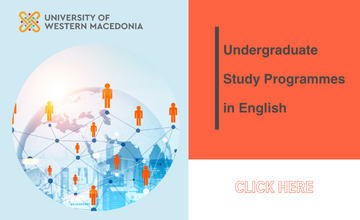
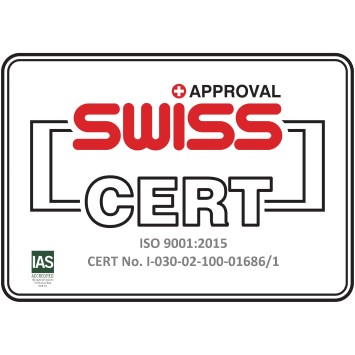
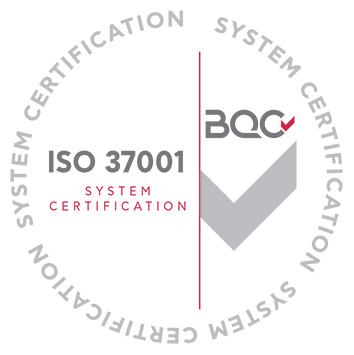
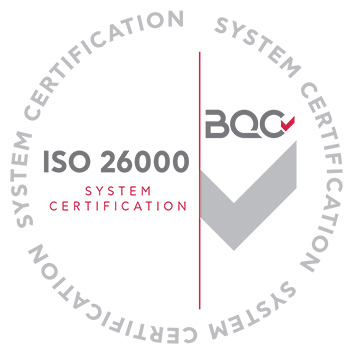
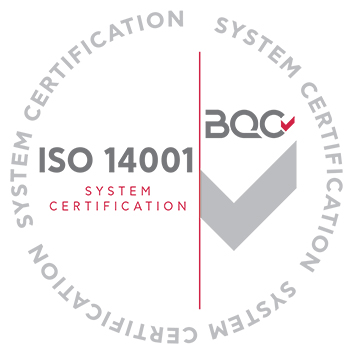
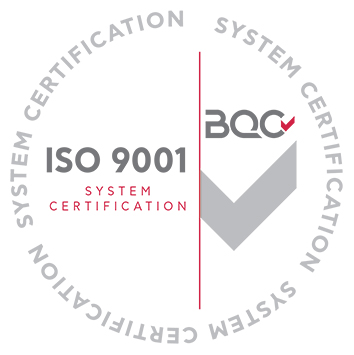


 University of Western Macedonia
University of Western Macedonia